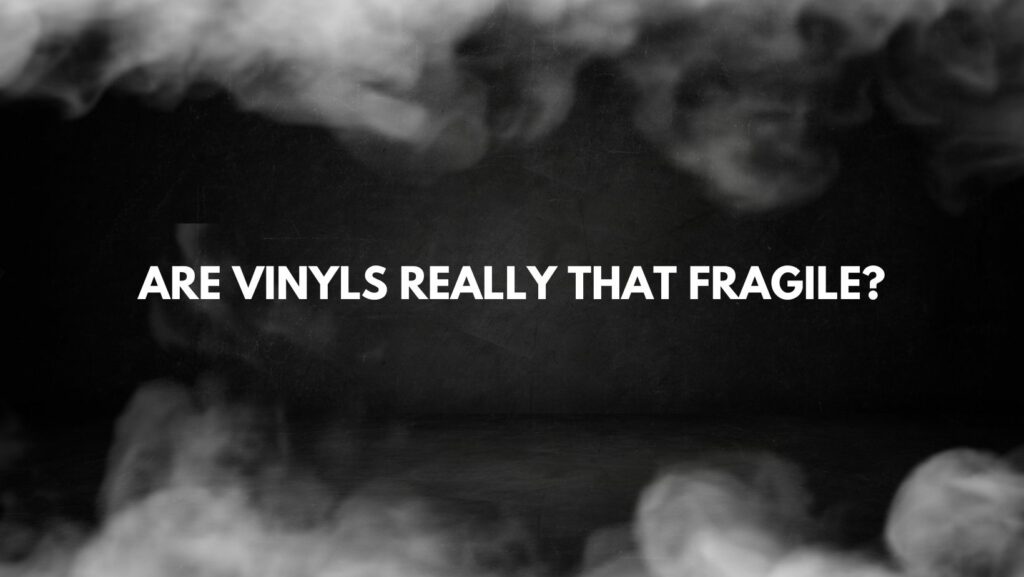Vinyl records, with their unmistakable warmth and nostalgic charm, are often perceived as delicate artifacts that require meticulous care. The notion that vinyls are fragile has been perpetuated over the years, but is this reputation justified? This article seeks to debunk the myth of vinyl fragility, delving into the resilience of this analog medium and providing insights into how to properly care for vinyl records to ensure their longevity.
- Physical Resilience:
Contrary to popular belief, vinyl records are surprisingly physically resilient. Vinyl is a durable material that can withstand the rigors of regular use when handled with care. The misconception of fragility might stem from the visible nature of scratches on the surface, but in reality, it takes a significant amount of force to cause irreparable damage.
- Warping Myths:
Warping is often cited as a common issue with vinyl records, contributing to the perception of fragility. While vinyl records can warp under extreme conditions of heat or pressure, the likelihood of warping during regular use and proper storage is minimal. Storing records upright and avoiding exposure to direct sunlight and heat helps prevent warping.
- Handling Misconceptions:
Handling vinyl records with care is essential, but the myth of extreme fragility is exaggerated. Holding records by the edges, avoiding contact with the playing surface, and ensuring clean hands during handling are simple practices that mitigate the risk of damage. Vinyl records are not as delicate as porcelain; they can withstand reasonable handling without suffering harm.
- Storage Practices:
Proper storage is crucial for the longevity of vinyl records. Storing records vertically, avoiding overcrowding, and maintaining a stable environment with moderate temperature and humidity levels help preserve vinyl’s structural integrity. The use of inner and outer sleeves provides an additional layer of protection against dust and scratches.
- Resistance to Surface Imperfections:
Vinyl records exhibit a degree of resistance to surface imperfections. While scratches and scuffs can affect playback quality, not all surface marks result in audible distortion. Regular cleaning and proper care minimize the accumulation of dust and debris, reducing the risk of surface imperfections affecting the sound.
- Longevity of Grooves:
The grooves on vinyl records, which house the musical information, are surprisingly resilient. With proper care and maintenance, the grooves can withstand countless plays without significant degradation. Maintaining a clean stylus on the turntable is crucial to prevent debris from causing wear on the grooves.
- Modern Vinyl Production:
Advancements in vinyl production technology have contributed to the robustness of modern vinyl records. While vintage records may be more susceptible to wear and tear, records produced with contemporary manufacturing processes often exhibit greater durability. High-quality vinyl formulations and improved pressing techniques enhance the overall longevity of modern vinyl records.
Conclusion:
The perception of vinyl records as fragile relics in need of delicate handling is a myth that requires debunking. Vinyl records, when treated with reasonable care and stored properly, exhibit a surprising degree of resilience. The enjoyment of vinyl need not be accompanied by unwarranted anxiety about fragility. By understanding the misconceptions surrounding vinyl records and adopting sensible handling and storage practices, enthusiasts can ensure that their vinyl collections stand the test of time, providing countless hours of musical enjoyment.


